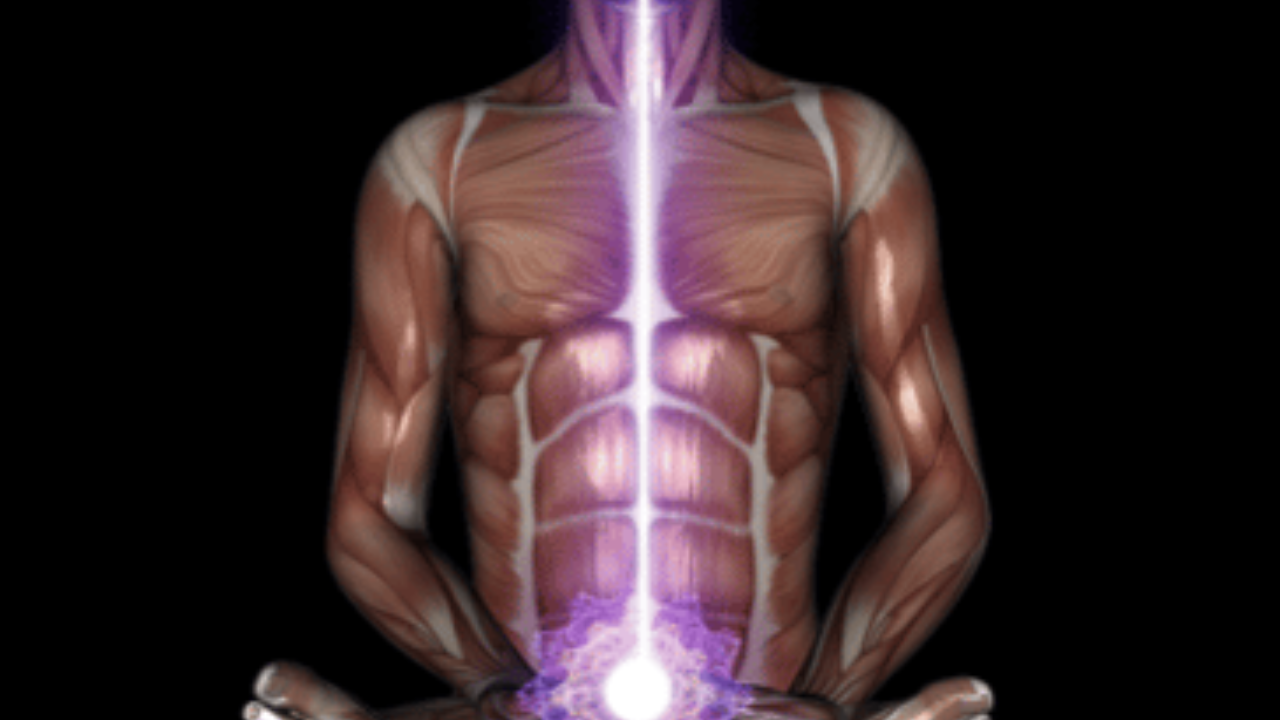
Qigong Meditation: Primordial Breathing (Part 2)
Dec 30, 2016As you remember from the previous blog Qigong Meditation: Primordial Breathing (Part 1), Primordial Breathing is a part of Static (Nei Dan) Sitting Qigong, and is a very powerful practice of generating and storing inner Qi energy. We have mentioned that before you can proceed with this practice, you have to learn how to control your abdominal muscles and, first, master Normal Abdominal Breathing, and after that, master Reverse Abdominal Breathing. If you have done so, you are ready to practice Primordial Breathing Qigong Meditation.
Primordial Breathing Qigong Meditation Instructions
Before starting the practice, make sure you have sufficient time for it and nothing disturbs you. This practice should not be done on full or empty stomach. It is always good to wear comfortable clothes when doing Qigong practices.
Primordial Breathing in Qigong can be practiced in two ways:
- Sitting - Sit comfortably on the floor in lotus pose (simple cross-leg or advanced posture) with straight spine. Place your hands on the legs -
- For men – Put your left hand over the right hand and connect the thumbs.
- For women – Let your right hand go on top of the left hand with thumbs gently connecting each other.
It is ok to sit on the chair with your feet on the ground for this type of Qigong breathing.
- Lying- If you are not comfortable with the sitting practice, you may lie down and place your hands along the body with palms facing the ceiling. However, you may find it hard to focus on your Lower Dan Tian in this position, and may also fall asleep much easier, which will leave your Primordial Breathing Qigong Meditation unfinished.
Once you are able to sit or lie down comfortably, you can start Primordial Breathing Qigong Meditation:
Relax your body and close your eyes. Take several deep and slow breaths. Become aware of your Lower Dan Tian and Upper Dan Tian. You should learn how to concentrate your mind on these centers. Take several breaths using Reverse Abdominal Breathing, then switch to Normal Abdominal Breathing. Normal Abdominal Breathing and Reverse Abdominal Breathing allow generating extra Qi energy in our body (you can feel warmth or trembling sensations in your stomach). Direct this energy between Lower and Upper Dan Tian while you do the meditation practice.
You can continue switching between Normal and Reverse Abdominal breathing generating more Qi. Once you feel you have generated enough Qi energy, you need to store it. For that, you should keep your mind at the Lower Dan Tian and direct the Qi there. This can be done with either Normal Abdominal Breathing, when you direct the Qi to the Lower Dan Tian during inhale and leave your mind there when you exhale, or Reverse Abdominal Breathing, when you compress the Qi on the inhale, and direct it down to the Lower Dan Tian during exhale. Unite your mind and the Qi at the Lower Dan Tian, and the energy will be stored there.
Adding Golden Elixir Qigong Practice to the Meditation
You can also add Golden Elixir to your meditation and use the healing power of saliva for a better practice. For that, you should keep your tongue touching the roof of your mouth during your Primordial Breathing Qigong meditation. This will help generate more saliva. Once your mouth is full of it, inhale and swallow it. On the exhale, direct the saliva to the Lower Dan Tian. Repeat this process while you do your meditation practice.
Benefits of Primordial Breathing Qigong Meditation
- Increased Qi energy levels
- Massage of Internal Organs
- Reduction of excessive heat in the body
- Body healing (lowering of blood pressure, healing digestive issues and other health problems)
- Faster toxin removal
- Quality breathing - breathing in more oxygen and releasing more carbon dioxide
- Calm mind and many more
To sum up, before practicing Primordial Breathing Qigong Meditation, you should, first, learn properly how to do Normal and Reverse Abdominal Breathing, as it was explained in Qigong Meditation: Primordial Breathing (Part 1). In addition, you should be experienced with calming the mind and using it to direct the free flow of Qi energy between Upper and Lower Dan Tian. Improper practice may result in Qi stagnation. That is why, it might be better to learn the practice with an experienced Qigong master first before starting to do it on your own.
If you want to go more into depth you can purchase the full Primordial Breath Qigong Online Course and MP3



